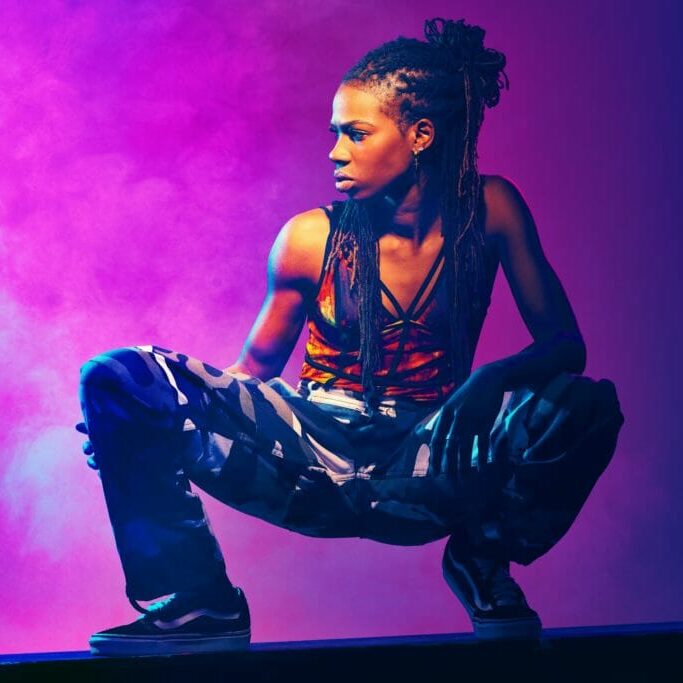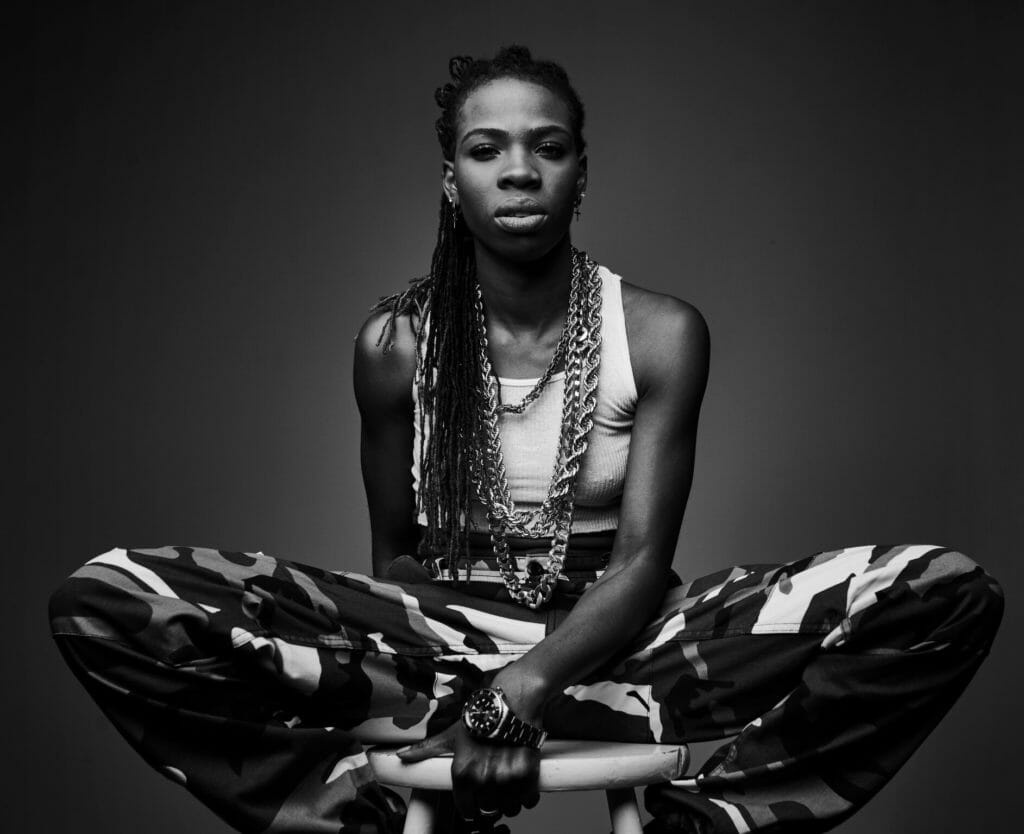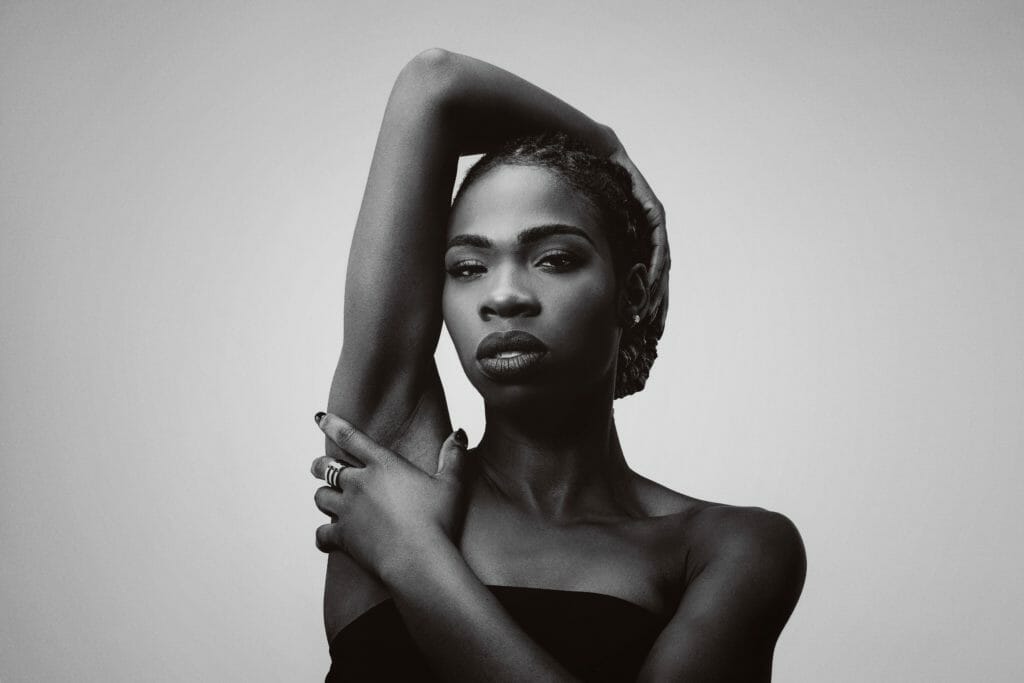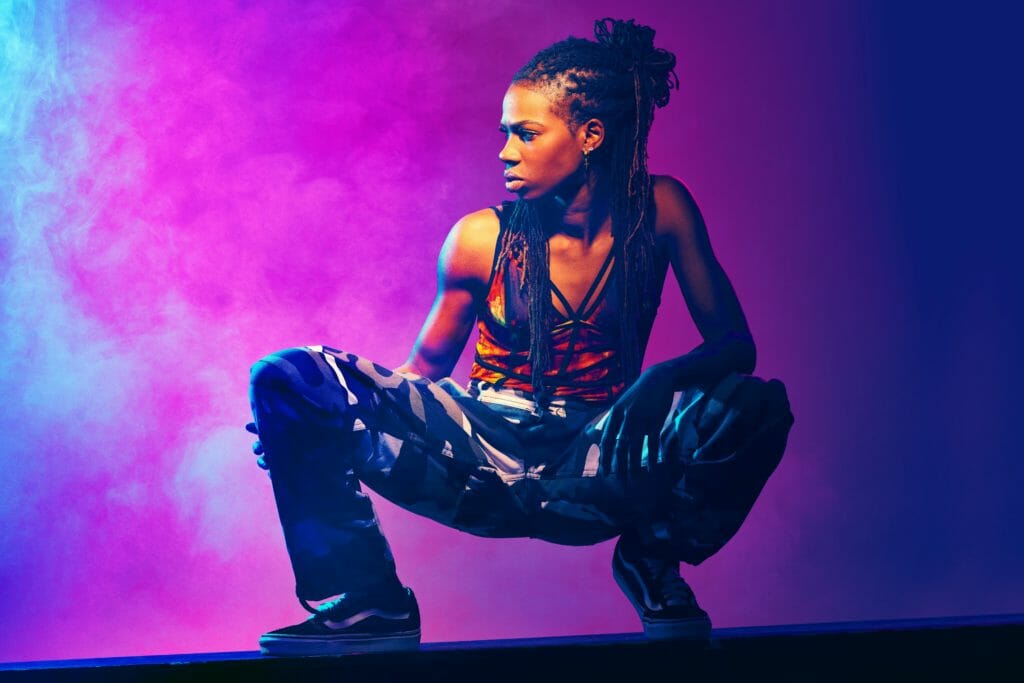
Haviah Mighty is shattering the ceiling
The Toronto rapper is rising in fame and hitting stages across the world
The 13th amendment to the United States’ constitution may seem to have little to do with condo towers, but Haviah Mighty has found a connection.
The Toronto-based rapper released her first full-length album this year called 13th Floor. The name is an allusion to the amendment that marked slavery’s official end in the U.S. and to a floor that is nonexistent in many apartment buildings. Both represent spaces, and people, pushed to the side. Forgotten.
An unforgettable album
13th Floor is impossible to ignore. The album just won Mighty the prestigious Polaris Music Prize, awarded annually to one Canadian album based solely on merit.
In the album, Mighty delves into racism, love and the gendered expectations of rappers and women.
“They used to say I’m too loud, but that’s cool now,” raps Mighty in the first song of the album. “Love my skin, always been proud, guess that’s in now.”
That song, “In Women Colour,” is a statement that introduces Mighty and the stories she tells throughout the album. She weaves her own experience with the struggle for racial freedom and a recognition of systemic racial imbalances.
Mighty has refined her songwriting and approach to difficult subject matter since her 2017 EP, Flower City.
“I know what it is I intended to say,” says Mighty in an interview with the Dalhousie Gazette, “so, it’s easier to write it in a way that can be received by the audience.”.
In songs like “Thirteen,” she explores facets of Black identity. In her lyrics, she travels back in time to the lives of slaves in the southern U.S., while speaking to a current society embroiled in the systemic racism that didn’t disappear when slavery was abolished. As Mighty raps in the song, “slavery showed black youth, for mad years, that whiteness is right.”
Mighty says there are messages in her album that are difficult to talk about, especially in countries like the U.S. and Canada where many people and systems continue to silence the experiences of marginalized people.
“I spent a lot of time trying to determine how to speak about these things,” says Mighty. “How I can do it in an effective way where I’m getting a listener who may otherwise be uncomfortable to more so enjoy it and take something away from it?”
Photos by Matt Barnes
Rising talent
Mighty grew up in Brampton, a city near Toronto, where she learned to sing at a young age. Listening to her rap, it’s clear her eloquent way with words is equal parts hard work and a natural affinity for crafting lyrics. Her words are powerful statements packaged in bass-filled hip-hop, equally suited for headphones and dancefloors.
Mighty is still part of The Sorority, a hip-hop group named as one of the “10 new Canadian artists who ruled 2018” by CBC music. The group, which includes Mighty, Keysha Freshh and Lex Leosis, has been climbing the ranks of Toronto’s hip-hop scene with banging, catchy tunes. They formed after an impromptu freestyle session on International Women’s Day in 2016. They went on to release their debut album, Pledge, in 2018. Although they recently announced they would be breaking up, the trio is still set to join fellow rap group Snotty Nose Rez Kids on a Canadian tour this month.
Apart from her success with The Sorority, Mighty’s solo career has given her a different avenue for songwriting and a chance to craft her own place in the world of rap
She’s been creating solo music since 2009. After Flower City dropped in 2017, HBO picked up her song “Vámanos” for their show Insecure in 2018. In 2019, she was named a winner of the Allan Slaight JUNO’s Master Class program, which recognizes emerging artists in the Canadian music scene. Canadian bands like The Fortunate Ones and Halifax’s Aquakultre have made the list in the past.
“Bigger, better stages”
Mighty is all in now: she quit her full-time job in May and kicked off an extensive tour schedule that saw her race to Europe right after winning the Polaris Prize.
Mighty says winning the Polaris Prize has given her a chance to push herself and her career forward.
“It’s the ability for my music to create as much change as it has been,” says Mighty, “and allow me to get on bigger, better stages.”
Mighty also recognizes the milestone her win represents for the Polaris Prize.
“Knowing the album is the first rap album to have won,” she says, “and knowing I’m the first Black woman to have won may also show there’s been such a void with certain narratives being shared.”
Mighty is a rapper first and foremost, and she pushes back against the term “woman rapper,” which is often applied to her in the male-dominated music industry.
The messages in Mighty’s songs are as timely as they are well-crafted. Her verses seek to propel conversation about race and gender into the mainstream consciousness, with a dose of hope for a more united, peaceful future. But Mighty’s music is also fun: she plays with melody and lyrical flourishes that promise good things to come as her rap career continues to take off. And she’s doing it on her terms.
“I’m focused on what I want to say,” she says, “rather than how people are going to feel about it.”
Mighty performed at the Halifax Pop Explosion in October, opening for Arkells at the Scotiabank Centre, and playing at The Seahorse Tavern. She is currently on tour across Canada.









